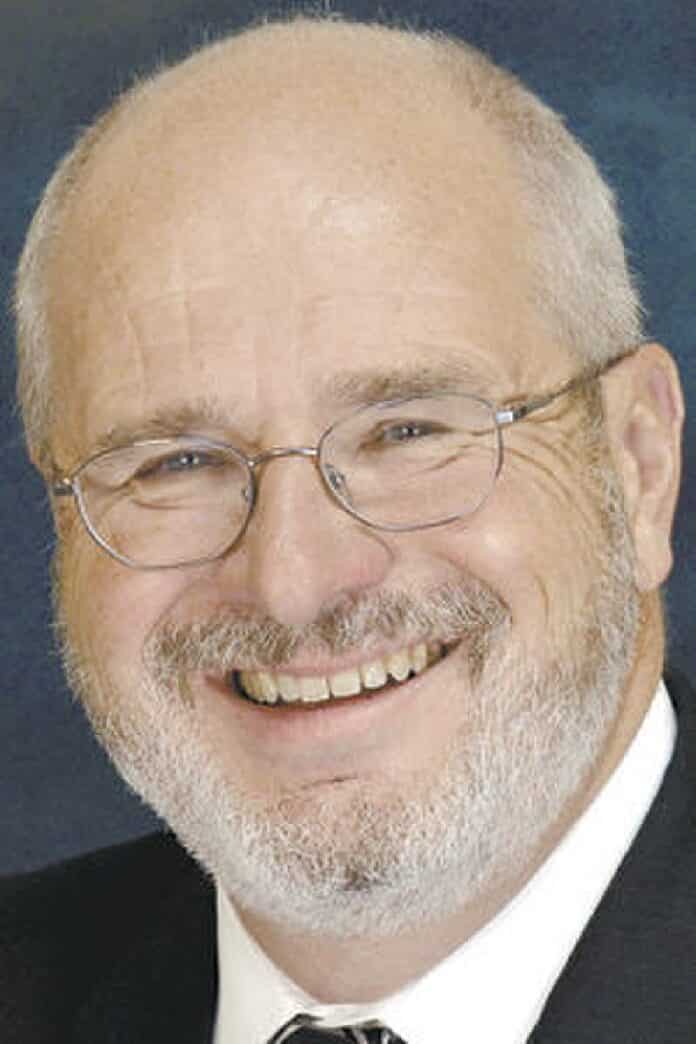INDIANAPOLIS — Suddenly, the race for the Democratic presidential nomination came to resemble an Agatha Christie novel.
One by one, the candidates departed.
And the field thinned.
Billionaire Tom Steyer was the first to go. After spending a lot of money and making a major push in South Carolina, Steyer collected just a little more than 11 percent of the vote and finished more than 35 points behind the winner, former Vice President Joe Biden.
Exit Steyer.
Then it was former South Bend Mayor Pete Buttigieg’s turn. He finished fourth in South Carolina. Buttigieg, a prodigy in so many ways, has mastered basic math and knew there was no way he could claim the nomination. By hanging on, he not only could damage his own bright future but also hurt the party’s chances of defeating President Donald Trump in the November general election.
Exit Buttigieg.
Then came U.S. Sen. Amy Klobuchar, D-Minnesota. Klobuchar finished even further back in South Carolina than Buttigieg did. Like Buttigieg, she also can count. And, like Buttigieg, she’s young enough to have a future beyond this election cycle or even the next one. Nor did she want to be part of unintentionally aiding Trump.
Exit Klobuchar.
Buttigieg and Klobuchar moved with alacrity to endorse Biden. The former vice president also picked up a bonus endorsement from former U.S. Rep. Beto O’Rourke, D-Texas.
The withdrawals and endorsements both cleared the field and changed the race’s dynamic.
U.S. Sen. Bernie Sanders had been the perceived front-runner.
Super Tuesday changed that.
Biden racked up victories in expected places, such as Virginia and Alabama, and in some unexpected ones, such as Massachusetts and Texas. Sanders reeled and staggered his way toward smaller-than-anticipated victories in California, Colorado and his home state of Vermont.
Following Biden’s strong Super Tuesday comeback, billionaire Michael Bloomberg shut down his campaign. He also endorsed Biden.
Then, finally Sen. Elizabeth Warren ended her campaign after a disappointing Super Tuesday. She failed to carry her home state of Massachusetts.
The serial withdrawals, endorsements and victories left Biden the undisputed front-runner, the one with the clearest path to the nomination.
The hurried events of the days surrounding Super Tuesday also revealed a couple of things.
The first is that Democrats learned some lessons from the Republican Party’s 2016 nomination battle.
Donald Trump rose to the nomination, in part, because the field stayed too crowded for too long. Once it thinned, Trump had such a commanding lead and had so firmly established himself as the presumed nominee that no one could catch him.
That may not have helped the GOP.
Despite all of Trump’s boasting about his prowess at the ballot box, there is evidence that a Republican ticket of, say, Florida Sen. Marco Rubio and former Ohio Gov. John Kasich would have run up a much bigger Electoral College margin and captured a popular-vote victory, too. It also likely wouldn’t have produced all the turmoil the Trump presidency has and thus made a GOP defeat this fall more likely.
This brings us to the second point.
Democrats clearly don’t like and — more importantly — don’t trust Bernie Sanders.
It isn’t just that they don’t think he can beat Trump. There’s plenty of evidence to suggest that the identity of the Democratic nominee is almost irrelevant to the decision voters will make this fall.
Because Donald Trump is such a polarizing figure, the November election is shaping up as a referendum on him and all he represents. Sanders has as decent a chance of winning as just about any other Democratic candidate.
So, the race moves on now, with two candidates.
Or three, if you count Tulsi Gabbard and the dozens of votes she’s secured thus far.
Eventually, it will be down to one.
Maybe sooner that anyone thought.
John Krull is director of Franklin College’s Pulliam School of Journalism and publisher of TheStatehouseFile.com, a news website powered by Franklin College journalism students. Send comments to [email protected].





